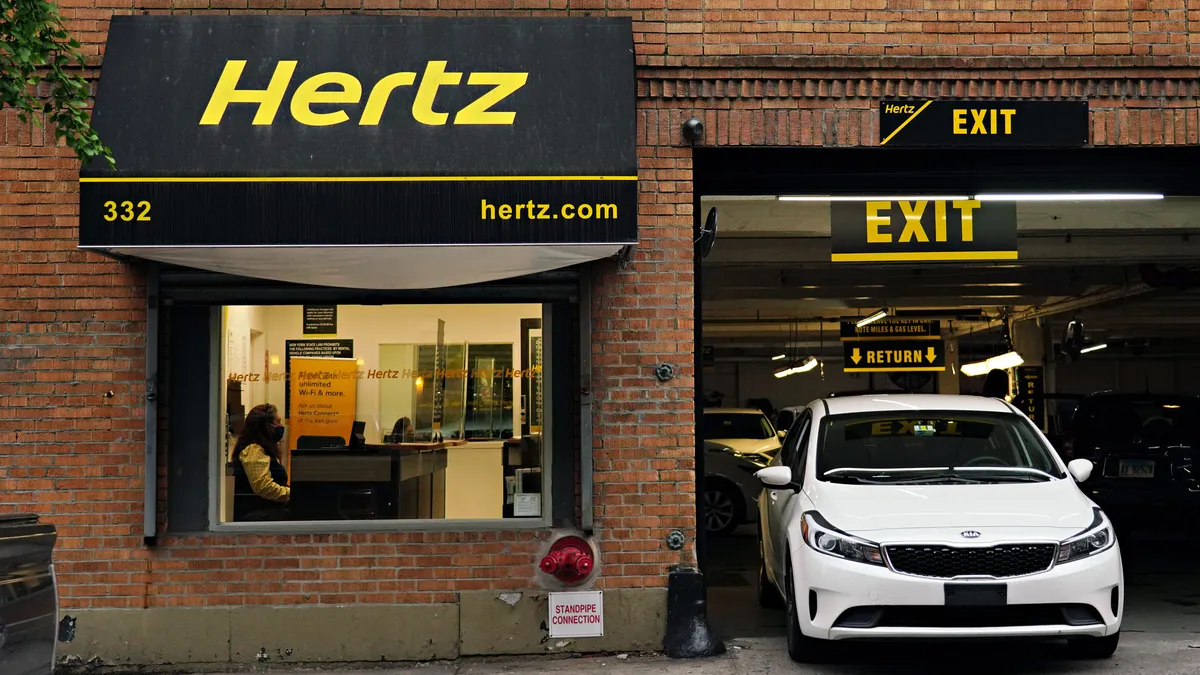Customer experience quality in the U.S. dropped for the fourth consecutive year, reaching an all-time low, according to a report released by Forrester Tuesday. The study was based on a survey of more than 275,000 consumers globally, including 12,000 U.S. adults.
The drop can be attributed to various factors, including loss of focus on customer-obsessed strategy and lower employee engagement, which emerged as problems in prior years, according to Pete Jacques, principal analyst at Forrester.
Among U.S. brands evaluated in 2024 and 2025, 25% saw statistically significant losses in their CX score while 7% improved, according to Jacques. However, the overall decline was not dramatic.
But even minor downward shifts in customer sentiment require action, experts say.
The danger lies in the ease with which companies can ignore a seemingly small drop in customer experience quality, according to Jacques. Businesses that focus on other priorities may find themselves falling ever further behind.
“I think of the proverbial frog who doesn’t feel the slowly increasing temperature of water coming to a boil,” Jacques said in an email. “Companies who take notice and start planning action now will be the ones who differentiate themselves sooner and more easily while those who don’t will continue to languish and will suddenly find themselves quite separated from more innovative and forward-thinking brands.”
Qualtrics XM Institute research from late last year identified a similar downward trend, according to Isabelle Zdatny, head of thought leadership at the firm. While the institute found that customer satisfaction is relatively stable, loyalty is declining.
Even if experiences aren’t necessarily getting worse, expectations are on the rise, according to Zdatny. At the same time, customers are becoming more thoughtful about where they spend their money, putting $3.8 trillion in spending at risk.
“We're heading into a time of greater market uncertainty, technological disruption, shrinking competitive advantage,” Zdatny told CX Dive. “In addition to building customer loyalty, what is important as things like tariffs hit or if we go into an economic downturn is people are tightening their belts.”
The key to surviving disruption is to create differentiated experiences, according to Jacques. Many brands across different industries offer similar shopping experiences, so it is often a relatively light lift to stand out.
The brands that offer the best experiences are setting the standards not just for themselves, but for other industries as well, according to Zdatny. Consumers are looking for the personalization of Netflix, the ease of calling an Uber or the digital user experience of Amazon no matter where they’re doing business.
“Those companies, because they're so transactional, have invested a lot in customer experience,” Zdatny said. “They get punished more for delivering bad experiences, and that's kind of raising the bar for everyone.”













